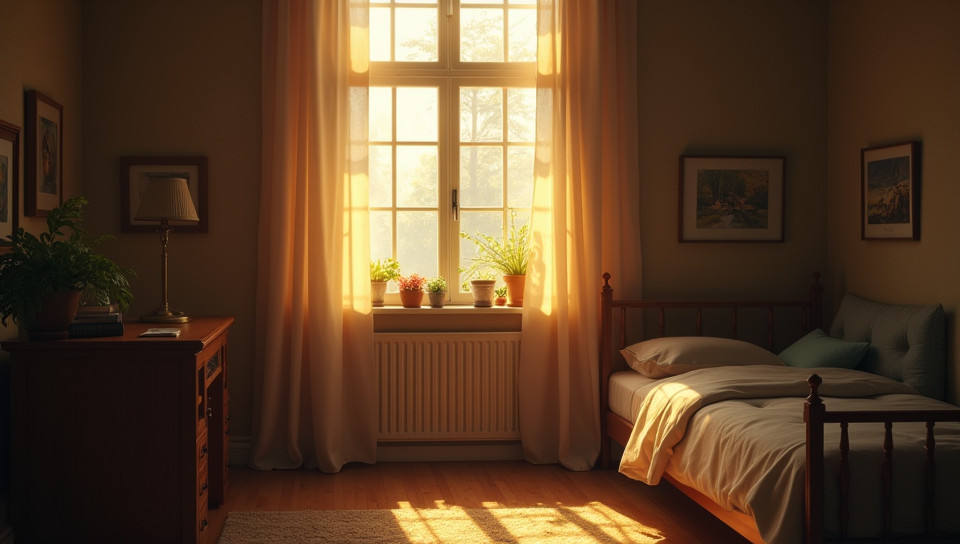Lack of sunlight leads to SAD 89%

The Hidden Dangers of Sunlight Deprivation
As we navigate our increasingly busy lives, it's easy to overlook one of the most essential elements for our well-being: sunlight. Without adequate exposure to natural light, our bodies can suffer from a condition known as Seasonal Affective Disorder (SAD). This common but often misunderstood phenomenon affects millions worldwide, with symptoms ranging from mild irritability to debilitating depression.
What is SAD?
Seasonal Affective Disorder is a type of depression that occurs during the winter months when sunlight is scarce. The exact cause of SAD is still not fully understood, but research suggests that it's linked to the reduced exposure to natural light and its impact on our internal clock and mood-regulating hormones.
The Impact of Sunlight on Our Bodies
Sunlight plays a crucial role in regulating our circadian rhythms, which control our sleep-wake cycles. When we're exposed to natural light, our bodies produce serotonin, a neurotransmitter that helps regulate mood, appetite, and sleep. Without sufficient sunlight, this delicate balance is disrupted, leading to feelings of lethargy, fatigue, and anxiety.
Symptoms of SAD
- Increased weight gain or loss
- Changes in appetite
- Difficulty concentrating
- Irritability or restlessness
- Social withdrawal
- Loss of energy
- Mood swings
- Depression
These symptoms can be particularly challenging during the winter months when the days are shorter, and the sun is lower in the sky. If left untreated, SAD can lead to more severe mental health issues, such as clinical depression.
Treatment Options for SAD
Fortunately, there are effective treatment options available for SAD. These include:
- Light therapy: Exposure to bright artificial light, specifically designed to mimic natural sunlight, can help regulate our circadian rhythms and improve mood.
- Medication: Antidepressant medications, such as selective serotonin reuptake inhibitors (SSRIs), can be prescribed to help manage symptoms of SAD.
- Lifestyle changes: Regular exercise, a balanced diet, and social support from friends and family can also play a crucial role in managing SAD.
Conclusion
The importance of sunlight in maintaining our mental health cannot be overstated. As we navigate the darker winter months, it's essential to prioritize our exposure to natural light. By understanding the causes and symptoms of SAD, seeking treatment, and making lifestyle changes, we can take control of our well-being and emerge stronger, healthier, and more resilient than ever before.
- Created by: Jerren Gan
- Created at: Oct. 13, 2024, 11:53 a.m.
- ID: 12380

